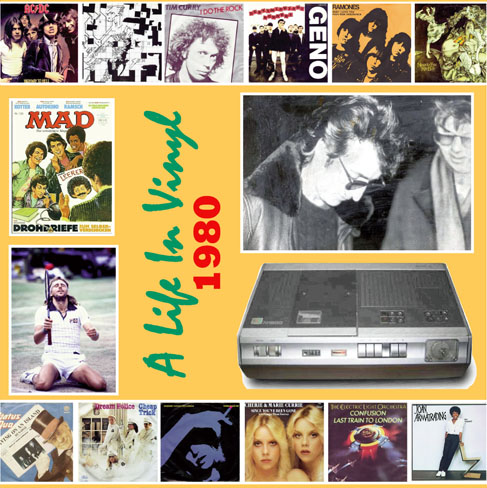Beatles For Sale – Recovered
On 4 December 1964 The Beatles released their second LP of the year, just in time for the Christmas. Sandwiched between the masterpieces A Hard Day’s Night (released just six months earlier) and Help!, and released just a year before the game-changer Rubber Soul, the album — titled perhaps not unironically Beatles For Sale — looks like the runt of the litter.
The cover image is emblemic. The guys look tired and irritated. It was a busy year. In 1964 they had recorded A Hard Day’s Night, for which Paul and John had written all the songs, filmed the movie of that name, promoted both, and toured extensively in Europe, Hong Kong, Australia and New Zealand, and the USA, where they had broken big with their appearances on the Ed Sullivan Show (which is recalled HERE, with a great jazz mix of Beatles covers).
Beatles For Sale was recorded over seven days between August and October. For the last time on a Beatles LP, it included covers of songs by the band’s rock & roll heroes: Chuck Berry (Rock and Roll Music), Buddy Holly (Words Of Love), Carl Perkins (Everybody’s Trying to Be My Baby), Little Richard (Hey Hey Hey Hey), Wilbert Harrison (Kansas City, also recorded by Little Richard), and Dr. Feelgood and the Interns (the much-maligned Mr Moonlight).
The covers were obvious fillers, but it would be wrong to dismiss Beatles For Sale on their account. There are several underrated gems among the Lennon/McCartney compositions. The opening trio is as good as almost any on Beatles album: No Reply, I’m A Loser and Baby’s In Black. Eight Days A Week, I’ll Follow the Sun and Every Little Thing are stone-cold Beatles classics. The latter is a rare thing: John singing lead on a McCartney song.
The compilation of cover songs of tracks from the album, presented here in the original order, is great fun. I don’t know if I really like the version of Every Little Thing by Yes, but if I approve of Isaac Hayes totally reworking a sing in psychedelic style, then I should at least express my admiration for this 1969 version, recording of which might have involved the use of drugs.
1. Les Lionceaux – Ne Ris Pas (No Reply) (1965)
2. Eels – I’m A Loser (2003)
3. John Doe – Baby’s In Black (2004)
4. Humble Pie – Rock And Roll Music (1975)
5. The Brothers Four – I’ll Follow The Sun (1966)
6. The Hollies – Mr. Moonlight (1964)
7. Little Richard – Kansas City Hey Hey Hey (1959)
8. Alma Cogan – Eight Days A Week (1965)
9. Jeff Lynne – Words Of Love (2011)
10. Ringo Starr and his All-Starr Band – Honey Don’t (1990)
11. Yes – Every Little Thing (1969)
12. The Savoys – I Don’t Want To Spoil The Party (1970)
13. The Fantastic Dee Jays – What You’re Doing (1965)
14. Johnny Cash feat. Carl Perkins – Everybody’s Trying To Be My Baby (2003)
More Beatles Recovered:
Beatles Recovered: A Hard Day’s Night
Beatles Recovered: Beatles For Sale
Beatles Recovered: Help!
Beatles Recovered: Rubber Soul
Beatles Recovered: Revolver
Beatles Recovered: Sgt Pepper’s Lonely Hearts Club Band
Beatles Revovered: Magical Mystery Tour
Beatles Recovered: White Album
Beatles Recovered: Yellow Submarine
Beatles Recovered: Abbey Road
Beatles Revcovered: Let It Be
Wordless: Any Major Beatles Instrumentals
Covered With Soul Vol. 14 – Beatles Edition 1
Covered With Soul Vol. 15 – Beatles Edition 2
Any Major Beatles Covers: 1962-66
Any Major Beatles Covers: 1967-68
Any Major Beatles Covers: 1968-70
Any Bizarre Beatles
Beatles Reunited: Everest (1971)
Beatles Reunited: Live ’72 (1972)
Beatles Reunited: Smile Away (1972)
Beatles Reunited: Photographs (1974)
Beatles Reunited: ’77 (1977)
Beatles Reunited: Let It See (1980)








Recent Comments